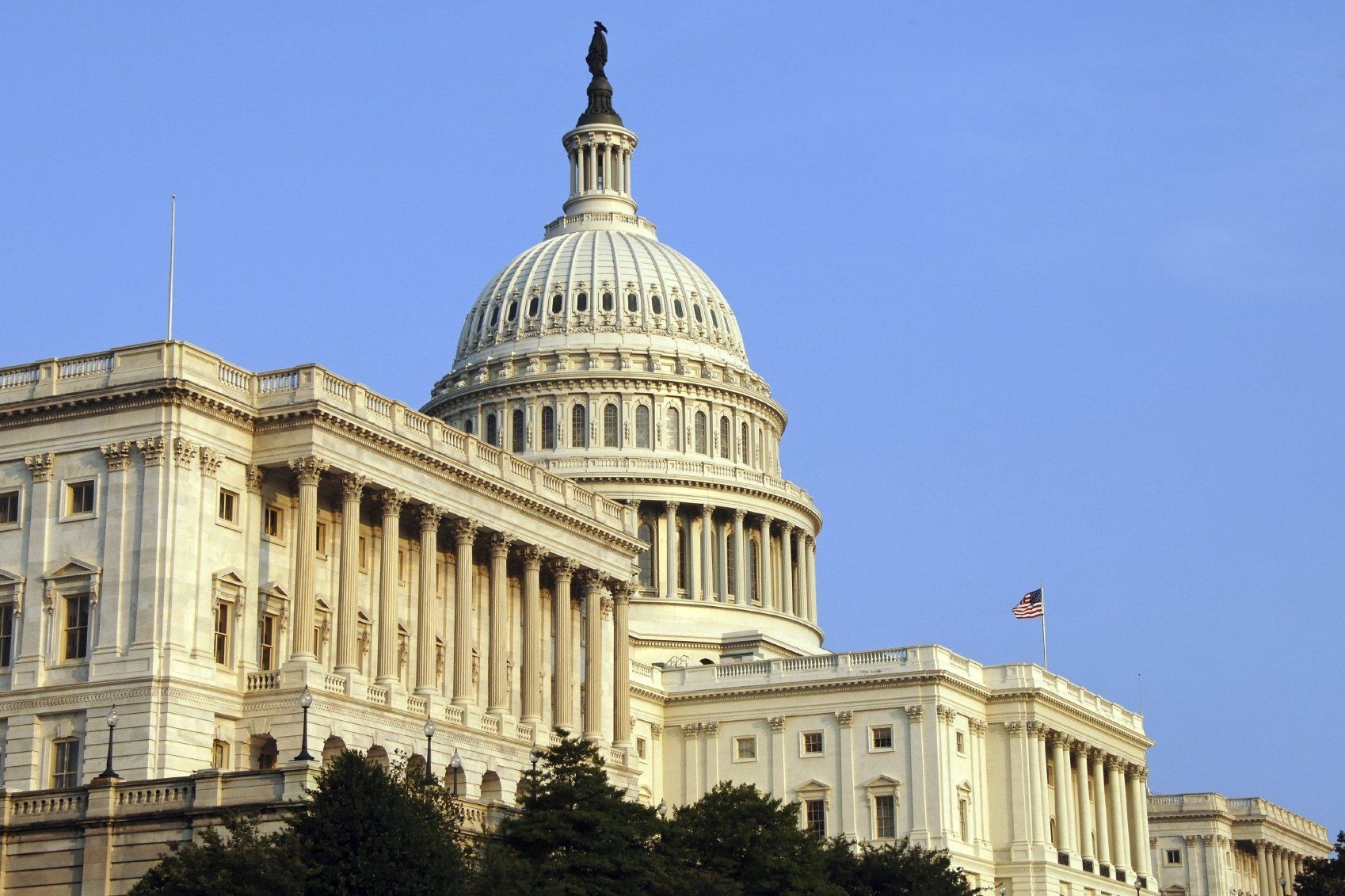
Third-class medical reform was signed into law today after Congress approved the changes earlier this week as part of the FAA’s short-term authorization bill. GA organizations including EAA and AOPA have updated their outreach efforts to explain the upcoming changes, which aren’t expected to take effect for a year to give the FAA time to finalize the new regulations. “It’s important to celebrate this moment, which has been a long time coming and resulted from an incredible amount of work over the past five years,” said Jack Pelton, EAA CEO and chairman. “This win is for everyone who loves recreational flight.” The legislation’s author, Sen. Jim Inhofe, will speak on the issue on Saturday, July 30, at the AirVenture show in Oshkosh, Wisconsin.
Regardless of when the FAA puts the new rules into effect, today’s signing means that many pilots who have had valid medicals at any time in the last ten years might not have to be recertified to fly many aircraft weighing under 6,000 pounds. Exceptions include those who develop new medical conditions requiring a special issuance, for which a one-time medical would be required. “It has taken years of commitment and hard work to make these reforms a reality,” said Mark Baker, AOPA president. “AOPA and EAA started the current reform effort back in 2012 when we petitioned the FAA for a medical exemption but the terms of that petition were much more limited than what pilots will get under the new reform law. This is something our entire community can get excited about.”
Jim Coon, AOPA senior vice president of government affairs, told AVweb on Friday that ongoing discussions with lawmakers over the last few years, and some compromises such as the 10-year window for medical exemptions, helped get the reforms passed. “It was a negotiated number that everybody felt comfortable with, and it just made a lot of sense to people,” Coon said. The new changes signed into law were proposed after unsurmountable opposition in Congress to expanding the sport-pilot rule to private pilots, which would have replaced third-class medicals with driver’s licenses and self-certification. Now, the rulemaking process is in the FAA’s hands, Coon said. “I’m hopeful that at some point they’ll come out and give industry and pilots the ability to comment and help them formulate those rules and then we’ll go from there.”


































